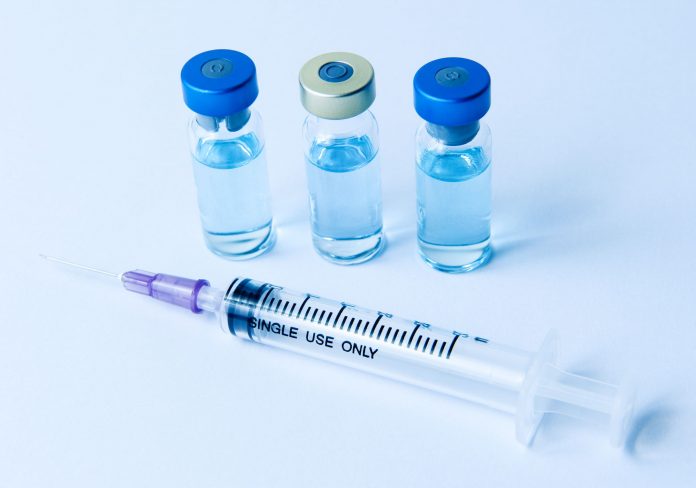After a sluggish and error-prone beginning to a country-wide effort to vaccinate Americans against Covid-19, it seems things are quickly improving.
According to the Centers for Disease Control, as of March 18th, nearly 113 million Americans have received at least Covid-19 vaccination (two of the three available vaccines require two separate injections). The agency also reports that 12 percent of the US population is fully vaccinated and that about 2.4 million citizens are being vaccinated daily.
But there is still room for improvement. Recent history suggests the fastest way to have more citizens vaccinated as quickly as possible is for the Food and Drug Administration to grant Emergency Use Authorization for more vaccines. The FDA granted EUA to Johnson & Johnson in late February, which significantly improved vaccine availability across much of the US.
Currently, there are three Covid-19 vaccines available in the US. Introducing a 4th produced by the drug producer AstraZeneca would be a welcomed addition. AstraZeneca’s vaccine boasts a similar effectiveness rate to Johnson & Johnson’s. It can also be stored at higher temperatures, making it easier to distribute to rural areas.
However, a recent controversy surrounding the AstraZeneca vaccine could prevent it from reaching US patients.
According to various reports, 37 patients across Europe have reported experiencing pulmonary embolisms caused by blood clots after receiving the AstraZeneca vaccine. Blood clots are common and often easily treatable. However, large embolisms can serious or fatal not treated.
Although nearly 17 million patients have received AstraZeneca’s vaccine with little evidence that it causes blood clotting, many countries across Europe have stopped administering it. Most recently, Sweden and Latvia joined Spain, Germany, France, and Italy in a rapidly expanding list of countries demanding more testing of the vaccine as a “precautionary measure.”
The decision to halt vaccinations has many healthcare providers and public health experts frustrated. As physician and research fellow in Global Health at the University of Southampton Dr. Michael Head, states:
“Halting a vaccine roll out during a pandemic has consequences. This results in delays in protecting people, and the potential for increased vaccine hesitancy, as a result of people who have seen the headlines and understandably become concerned. There are no signs yet of any data that really justify these decisions.”
Sadly, such decisions are entirely predictable given the incentives government agencies, and other bureaucracies face to avoid (even slightly) risky choices.
Unlike actors in the private sector who can profit handsomely from accurately assessing their actions’ risks and rewards, bureaucrats receive little reward for risk-taking. They could face considerable scrutiny for making mistakes. Consequently, government agencies tend to strongly overweigh the costs and under-appreciate the benefits when deciding whether to approve a vaccine or treatment option for patients.
This is even the case when approving a treatment could save many lives. As I’ve written in an article published in the Southern Economic Journal, after Moderna and Pfizer completed the vaccine EUA process, the FDA sought additional input from an advisory panel. The process delayed approving the vaccines for about two weeks, over which more than 30,000 Americans died from Covid-19.
A similar event may be unfolding in Europe. As one BBC article reports, France and Poland are both re-enacting some lockdown measures after experiencing an increase in Covid-19 infections. Other European nations are experiencing a similar spike. If, as some speculate, these events serve a “cautionary tale for the United States,” our best course of action is to vaccinate as quickly as possible.
AstraZeneca has not formally submitted a EUA application to the FDA but was preparing to do so. Previously, many expected AstraZeneca’s vaccine to be available for US patients this April. However, with much of Europe demanding more testing before vaccinating its citizens, we can expect further delays and more lives lost.
